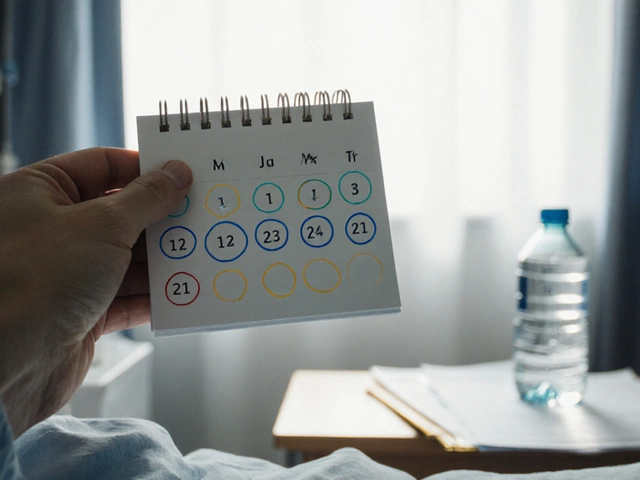Heart Transplant: What You Need to Know Before the Surgery
If your heart can’t pump enough blood, a transplant might be the only lifeline. In India, more than 2,000 patients get a new heart each year, and the numbers are growing as hospitals improve their expertise. Knowing the basics before you step into the operating theatre can calm your nerves and help you plan the next steps.
Who Can Get a Heart Transplant?
Not everyone with heart failure qualifies. Doctors look for patients with end‑stage heart disease who are otherwise healthy enough to survive major surgery. Typical criteria include:
- Severe cardiomyopathy or irreparable coronary artery disease.
- Failed other treatments like medication, pacemakers, or LVADs.
- Age usually between 18 and 65, though exceptional cases up to 70 are considered.
- No active infections, cancer, or uncontrolled diabetes.
- Ability to stick to lifelong immunosuppressive drugs.
Each hospital runs a transplant committee that reviews your medical records, lifestyle, and support system. If you’re on the list, you’ll get a unique ID that matches you with a donor heart when it becomes available.
Recovery Tips After the Surgery
The first week feels like a marathon. You’ll spend 3‑5 days in ICU, hooked up to a ventilator and heart monitors. Here’s what helps you bounce back faster:
- Medication vigilance: Immunosuppressants prevent rejection but can cause kidney issues. Set alarms and use a pill organizer.
- Gentle movement: Light walking starts on day 2 if the surgeon says it’s safe. Short walks reduce blood clots and boost lung function.
- Nutrition matters: High‑protein, low‑salt meals aid wound healing. Ask the dietitian for a heart‑friendly plan that includes fruits, veggies, and lean meat.
- Regular check‑ups: Blood tests for drug levels, kidney function, and signs of rejection are done weekly at first. Keep a notebook of any new symptoms.
- Emotional support: Anxiety and depression are common. Join a transplant support group or talk to a counselor.
Most patients leave the hospital after 10‑14 days. Full recovery—returning to normal work and exercise—takes 3‑6 months. Your doctor will tailor a rehab program that ramps up activity safely.
Cost in India varies widely. Public hospitals subsidize the procedure, bringing the price down to around ₹8‑10 lakhs, while private centers may charge ₹12‑20 lakhs, including the organ, surgery, ICU stay, and post‑op care. Insurance coverage is improving, but you’ll still need to check the fine print for immunosuppressant costs.
Getting a heart transplant is a life‑changing decision, not a quick fix. Understanding eligibility, prepping for surgery, and following a solid recovery plan give you the best chance at a new, healthier life.






